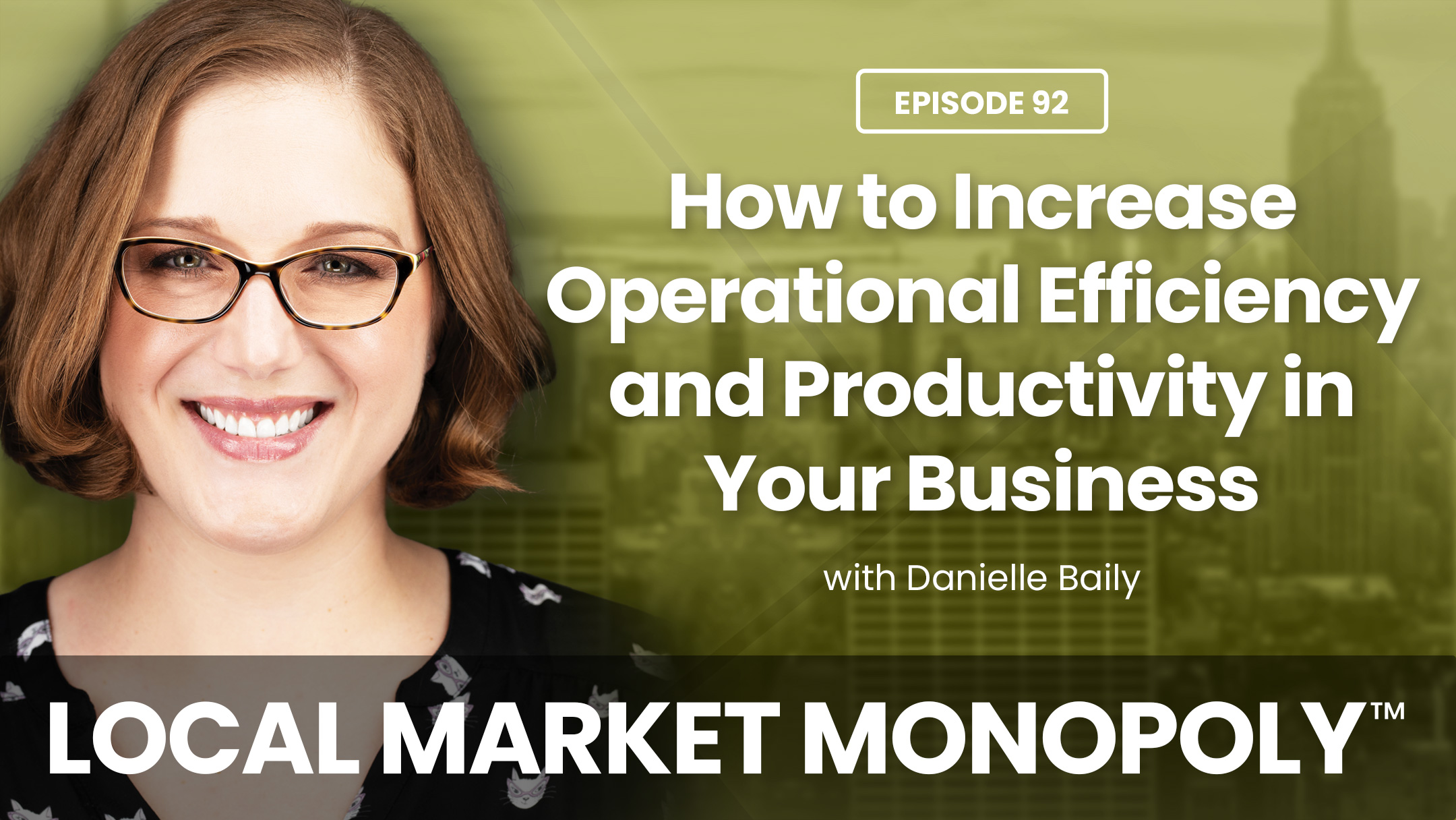Ready to make your business run smoother and smarter?
Then you've got to hear what Danielle Baily has to say in our latest podcast episode! She's all about making business work better for you, from nailing project planning to keeping things steady and targeting the stuff that really matters.
Danielle's got tips for making sure your business goals match what you do every day and puts your customers first.
She shares secrets on managing time like a boss and setting up business processes that really work.
And if you're feeling overwhelmed, don't sweat it—Danielle shares when and how to get the help you need to keep rolling.
So, if you want to work smarter, not harder, this is the episode for you. Tune in and take a massive step towards a more efficient business today!








